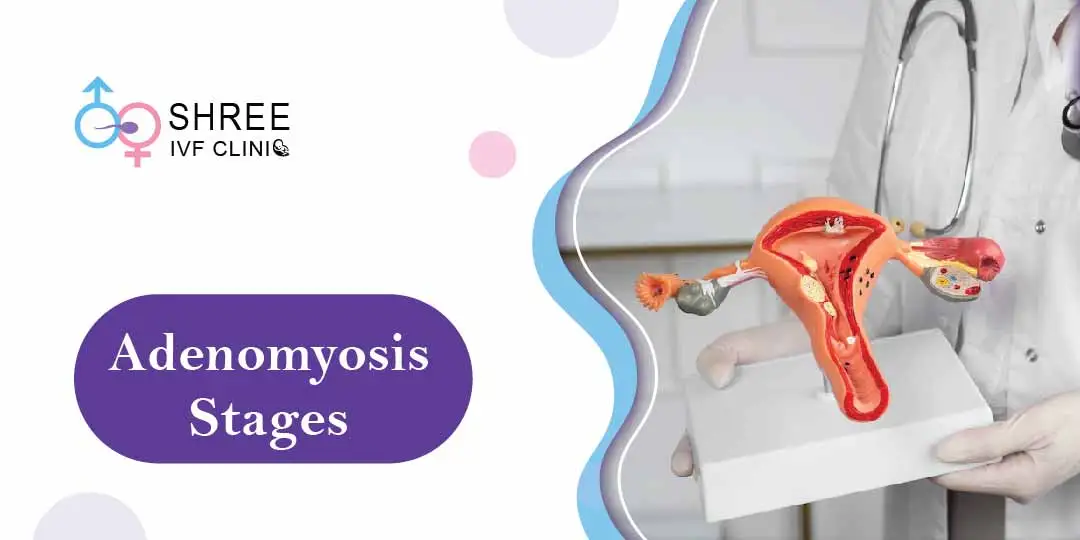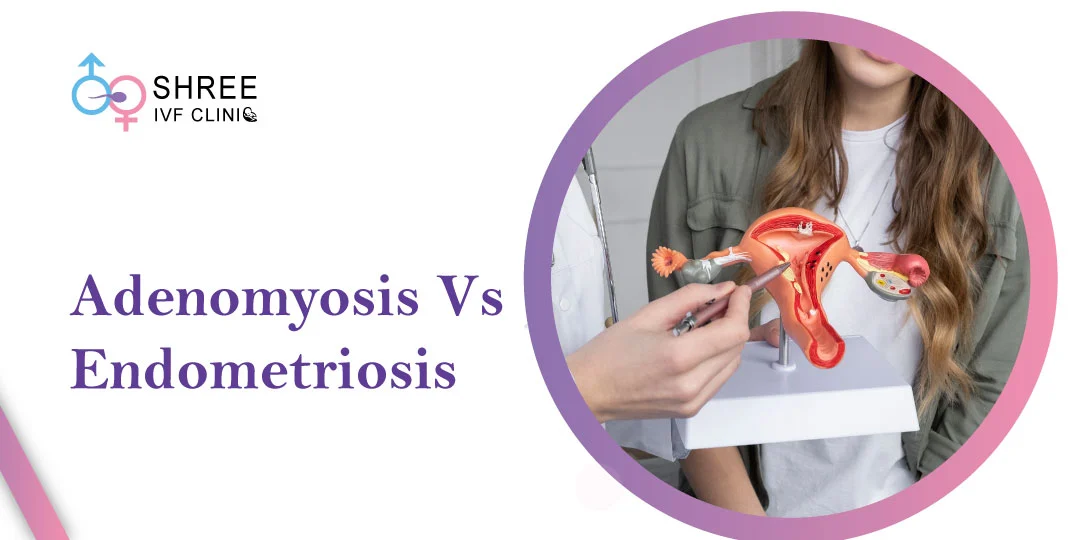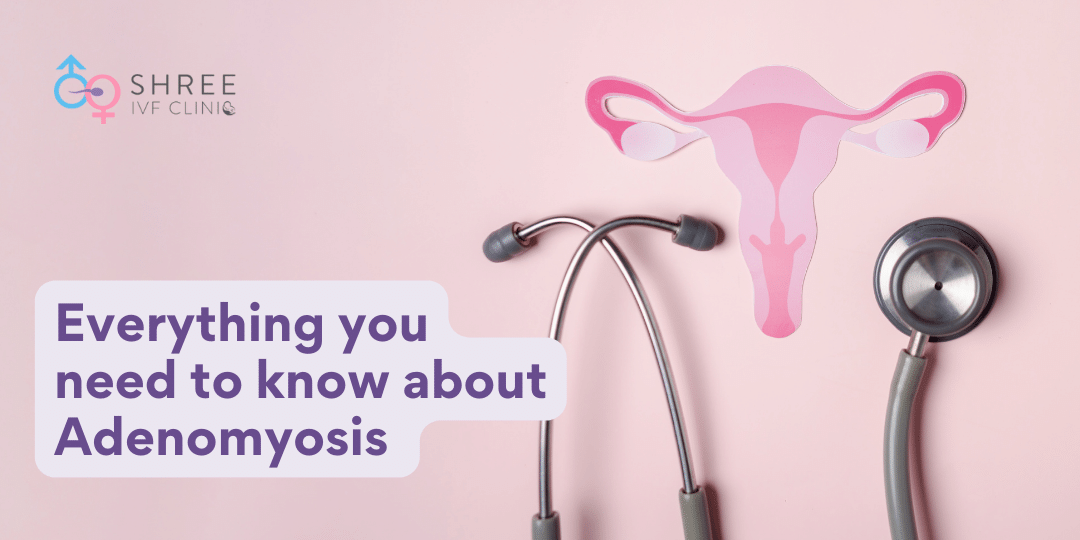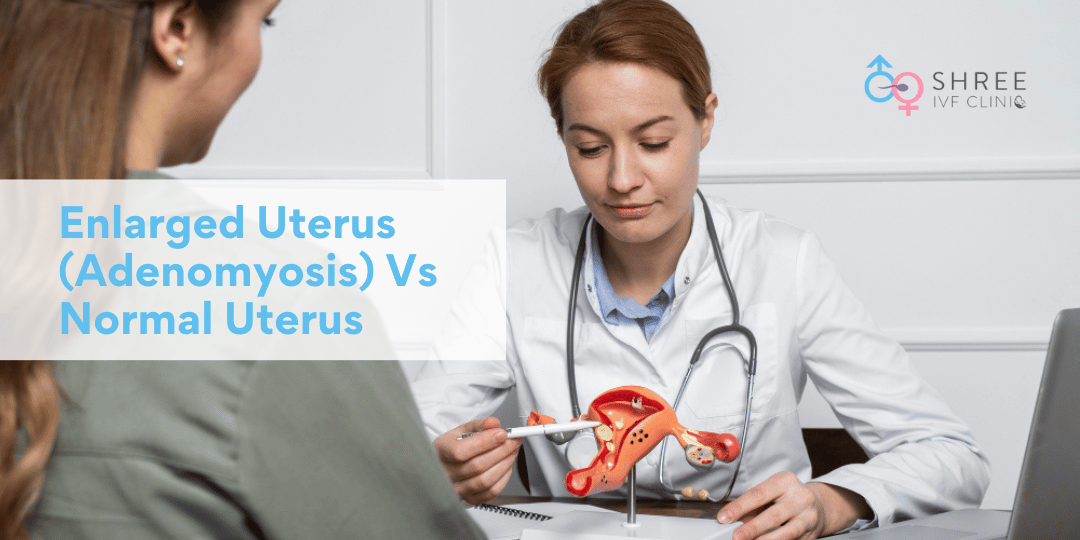Stages of adenomyosis
UPDATED ON 23 JAN. 2023
As a gynecologist, I often find couples concerned about adenomyosis and its associated symptoms.
This condition can cause incredibly difficult physical, mental and emotional challenges for women and their partners, as bleeding or pain might lead to decreased intimacy in the relationship.

AUTHOR
Dr Jay Mehta
Scientific Director & IVF Specialist with 10+ years of experience
TREATMENT
CONDITION
GET IN TOUCH ON
As with any medical issue, knowledge is power; having an understanding of the stages of adenomyosis can help you better recognize how it manifests in your body so that you can manage both the physical effects and any potential disruption to your relationship.
In this article, I’ll discuss each stage of adenomyosis so that you’re armed with essential information on how best to cope with this common condition.
What is Adenomyosis?
Adenomyosis is a condition that occurs when endometrial tissue (which lines the uterus) grows into the muscle wall of the uterus.
This can cause inflammation and lead to heavy menstrual bleeding, pelvic pain and other associated symptoms.
Adenomyosis is most common in women over the age of 40 who have had one or more pregnancies; it tends to worsen with age.
Related Read: Is adenomyosis a serious condition?
The Stages of Adenomyosis
Stage 1 :
Early adenomyosis is characterized by mild symptoms such as heavier-than-usual periods and occasional cramps.
Stage 2 :
Moderate adenomyosis may include greater amounts of blood flow during your period, increased cramping and a feeling of fullness in the abdomen.
At this stage, you may also experience pain during intercourse and urination.
Stage 3 :Advanced adenomyosis can cause severe cramping, heavy bleeding, and other pelvic symptoms such as bloating and fatigue.
This stage is often accompanied by an inability to conceive due to the inflammation of the uterine wall.
Stage 4 :In its most severe form, adenomyosis can lead to an enlarged uterus that causes problems with fertility, menstrual flow, and overall health.
In some cases, surgical removal of part or all of the uterus may be necessary for relief from symptoms.
Knowing the stages of adenomyosis can help you better recognize how it manifests in your body so that you can manage both the physical effects and any potential disruption to your relationship.
Also Read : Treating Adenomyosis: What You Need to Know
How long does adenomyosis take to develop?
Adenomyosis can take anywhere from months to years to develop. It often progresses slowly and is most common in women over the age of 40 who have had one or more pregnancies.
As with any medical condition, it is essential that you discuss any potential symptoms with your gynaecologist as soon as possible so that they can provide an accurate diagnosis.
Does adenomyosis ever go away?
Unfortunately, adenomyosis is a chronic condition that cannot be cured.
However, the symptoms can often be managed with proper medical care and treatment.

4,790+
379K+
” Every individual and couple’s journey is unique, and
finding the right solutions tailored to their specific
circumstances can make all the difference “
Complications of untreated adenomyosis
It can include heavy menstrual bleeding, infertility, chronic pelvic pain and an inability to conceive.
It is important that you talk to your doctor about any symptoms and treatment options available so that you can manage the condition in the best way possible.
Treatments for Adenomyosis
Treatment may vary depending on the severity of your condition but can include medications to control pain or reduce bleeding, hormone therapy and even surgery.
Consult Dr. Jay Mehta, a renowned adenomyosis specialist in Mumbai, India, for a personalized treatment plan that meets your unique needs
Adenomyosis can have a significant impact on your life, so it’s important to approach it with the proper knowledge and care.
Educating yourself on how adenomyosis develops, its effects, and available treatments will help you to manage the condition better.
With the right medical care and lifestyle changes, you can manage your adenomyosis and live a healthy life.
AUTHOR
Dr Jay Mehta
Scientific Director & IVF Specialist with 10+ years of experience
CONDITION
CALL US 24/7 FOR ANY HELP
GET IN TOUCH ON
Share Article on
Recommended Reading
Difference Between Adenomyosis and Endometriosis
Endometriosis causes tissue to grow outside the uterus, while adenomyosis leads to growth within the uterine muscle
What Causes Adenomyosis? Guide to Causes, Diagnosis & Treatments Available
Demystifing Adenomyosis, providing an in-depth overview of its causes, diagnosis, and treatment options through this article. learn more.
Understanding Enlarged Uterus vs Normal Uterus
This article helps you understand the difference between an enlarged uterus vs normal normal-sized along with its signs & symptoms




